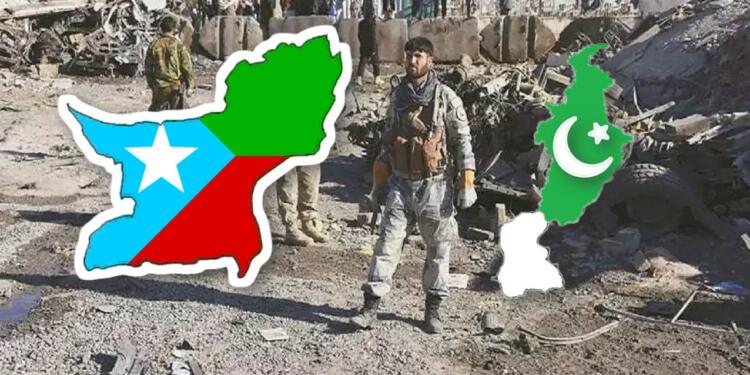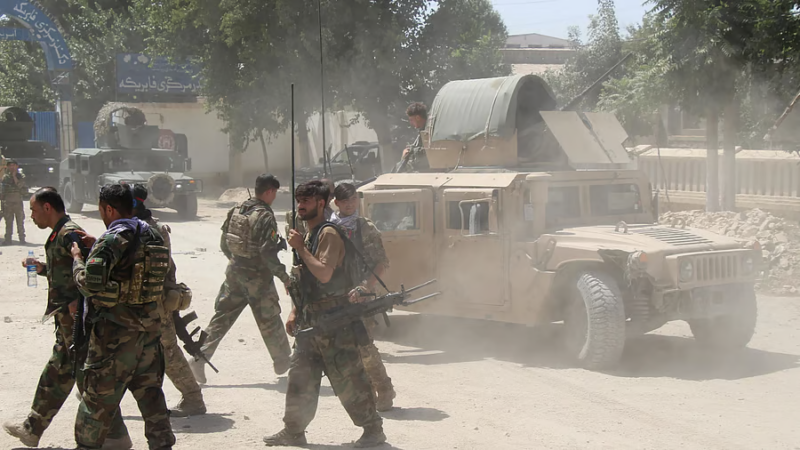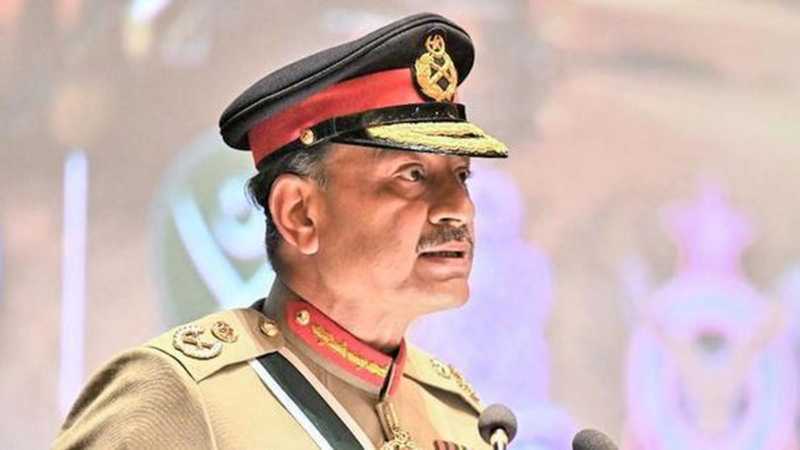Pakistan Has Lost the War in Balochistan

When questioned about Baloch oppression, the response on Human Rights Day in Pakistan was justified by the Palestinian oppression by Israel. It is this specificity of ready-reply among privileged Pakistanis that shows their state of apathy for Balochistan.
The topic of atrocities against the Baloch population of Pakistan is easily dismissed in all influential spheres without input from policymakers and legislators. Every day the Baloch demand rights over their resources from the pilfering government of Pakistan. In return, they are awarded an uncompromising colonial rule that endangers their existence. Extrajudicial killings have created literal cesspits of human corpses in the province. Bodies are defaced to make recognition impossible. Pakistani society has exposed its double standards by acting on a problem of the Middle East while ignoring it.
In a recent hearing in Islamabad High Court this October, the chief justice admitted that the court felt “embarrassed” dealing with a dozen petitions related to missing persons that have not been resolved in ages. The bench agreed that enforced disappearances have defamed Pakistan; the “black Vigo” (a popular car brand used to abduct individuals against the establishment and to settle scores) is the symbol of tyrannical rule in Balochistan.
Initially, enforced disappearances and extra-judicial killings were a problem in Pakistan’s borders with Afghanistan. But today it is mostly the Baloch nationalists that pay the price of speaking for their constitutional rights that Pakistan has alienated them from since the capture of Balochistan in 1948. Under-privileged rights activists and journalists who sympathize with the Baloch cause are declared ‘missing’ the next day. Further, those who venture out for the ‘missing’, too go missing soon after!
These unlawful detentions and murders of the Baloch have been normalized to the extent that an average Pakistani openly believes that Baloch lives are not equal to theirs! They believe that Baloch are second-grade citizens, ignoring their seven-decade-long economic contribution to Pakistan’s prosperity.
The emboldening of multiple axes of power – the ISI, Pak Army, political party leaders with the support systems in the West, or feudalism, – has created parallel governance systems where the vulnerable are treated like public property. Courts are equally surprised to see the repetition of Baloch individuals in a cyclic manner in time by different ‘unidentified’ parties. The “mighty” take turns punishing, deprived Pakistani citizens on state entities, with zero accountability and no fear of the law.
Despite being a citizen of Pakistan, the Baloch have a pervasive sense of insecurity about their future in the country. The discrimination against them exacerbates their difficulties and the ongoing economic crisis in the country has pushed them into poverty. The Balochistan issue cannot be dismissed as a case of injustice; it has been a calculated disenfranchisement of the natives by the Pakistan state. That is why there are no mainstream advocates for Baloch constitutional rights; it is only during election times Balochistan is remembered, alliances created, and empty promises made.
The situation has escalated to the degree that Baloch women are leading freedom marches against Pakistani terrorism. Now that all the men are either captive or dead, it is upon the women to highlight the widespread cases of Pakistani torture. Imagine being signatories to nine of the main human rights treaties in international human rights law, including the International Covenant on Civil and Political Rights (ICCPR), and in practice opposing each one of them.
Once upon a time, Balochistan was ready to reconcile with Pakistan. They cared about being included in the nation with the “greatest atomic power”. But today they call it quits on Pakistan; the increasing disillusionment with the government has pushed them into violent ways to release decades of repression. The masses wish to avenge their loved ones, even if that means emboldening the local “anti-government” outfits. These changing winds, that are oppressed are being more assertive to demand equality in the distribution of the state resources. No human rights grants can undo or justify their bloodbath on Baloch. For crimes in Balochistan, Pakistan needs international investigation and punishment by the International Human Rights Commission (IHRC), not a GSP Plus status from the West. The strong growth of the Baloch resolve is indicative of the to contain it.






